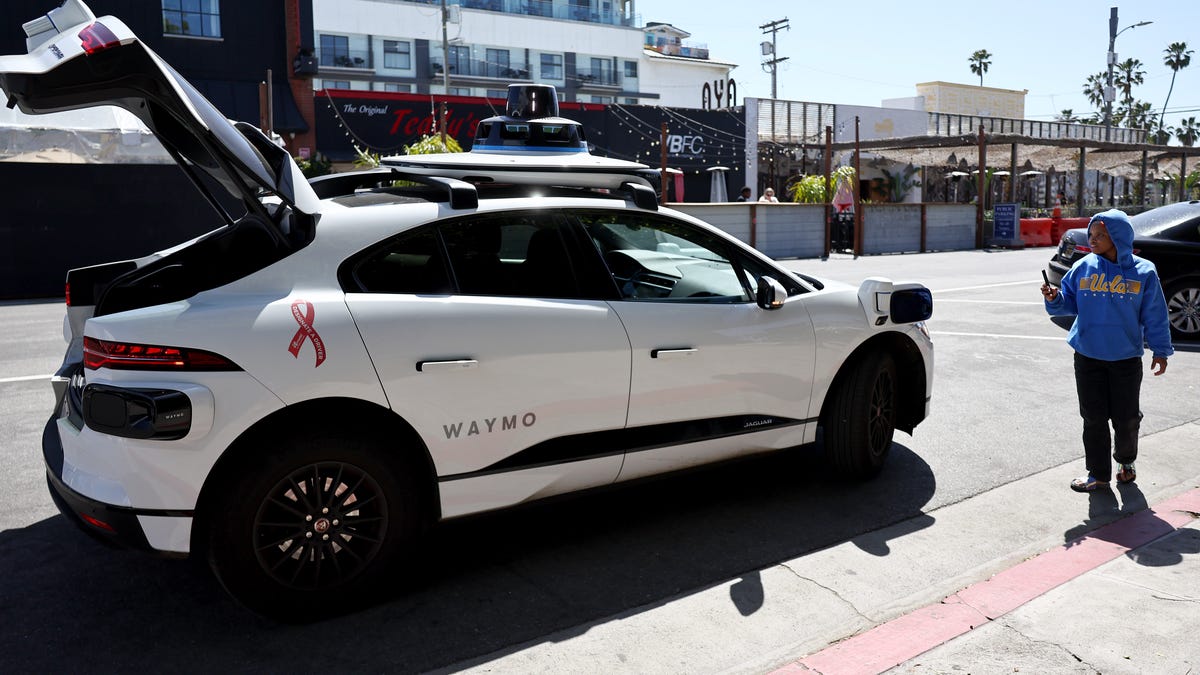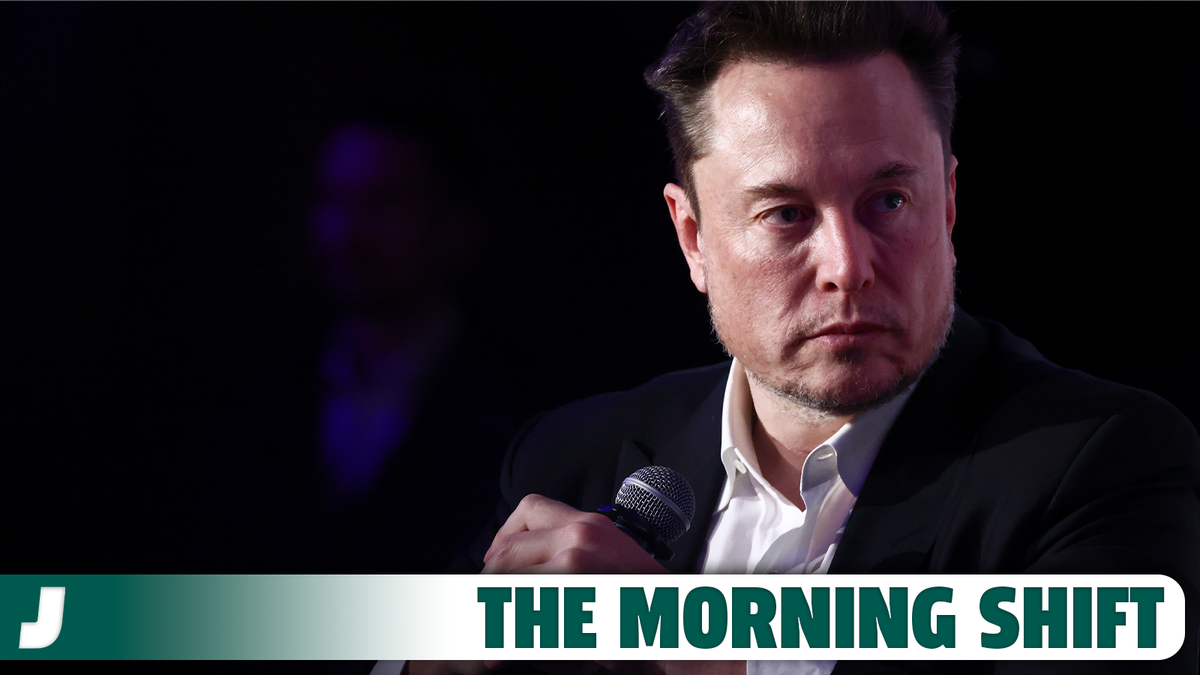Waymo’s Ambitious Step Towards Fully Autonomous Rides
Waymo, a pioneering autonomous vehicle company, is set to initiate testing of fully autonomous rides along California’s San Francisco Peninsula, sparking a wave of anticipation and apprehension among residents and city authorities alike.
Testing without Human Drivers
In an announcement made on Friday, Waymo revealed that its employees would soon conduct trials of rides devoid of human drivers on the streets situated north of San Mateo. The company further disclosed its intentions to gradually expand this service to cover the entirety of the Peninsula, recognizing that such a feat would require time and continued collaboration with local communities and city officials.
Regulatory Greenlight and Waymo’s Expansion
Back in March, Waymo, a subsidiary of Alphabet, secured approval from the California Public Utilities Commission (CPUC) to extend its operations beyond San Francisco, where it has been offering autonomous ride-hailing services for several months. This approval paved the way for Waymo to commence operations in San Mateo County and Los Angeles County, with the latter witnessing the commencement of paid robotaxi rides on April 9th.
Amy Buckmaster, President of the Chamber San Mateo County, lauded Waymo’s endeavors, emphasizing the potential benefits of connecting neighbors to support local businesses in the region. However, despite the optimism, not all sectors are readily embracing this technological advancement.
Challenges and Opposition
In February, Waymo faced resistance to its expansion plans in California when the San Mateo County supervisors called for a 120-day review period. However, this scrutiny was cut short after just 11 days, with the CPUC citing Waymo’s updated passenger safety protocol as the reason. This abrupt halt to the review process prompted David Canepa, a county supervisor, to denounce the episode as “truly a slap in the face,” leading the county to file an appeal with the CPUC’s enforcement division.
Furthermore, the California State Senate is gearing up for a pivotal hearing on SB915, a bill designed to regulate autonomous vehicles. This bill, if enacted, would empower cities and counties with authority over self-driving cars, marking a significant shift from state control. SB915 has garnered bipartisan support within the senate and has even gained backing from the Teamsters union.
Waymo’s foray into San Francisco last August was met with fierce opposition from labor unions, residents, and some government officials. Tensions reached a boiling point in February when a Waymo vehicle was set ablaze by an angry crowd, shortly after a self-driving car was involved in a collision with a bicyclist. These incidents underscore the challenges and controversies surrounding the integration of autonomous vehicles into urban landscapes.
Image/Photo credit: source url





